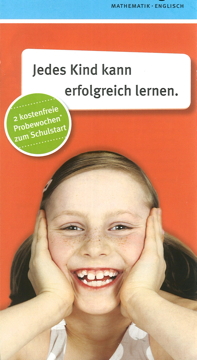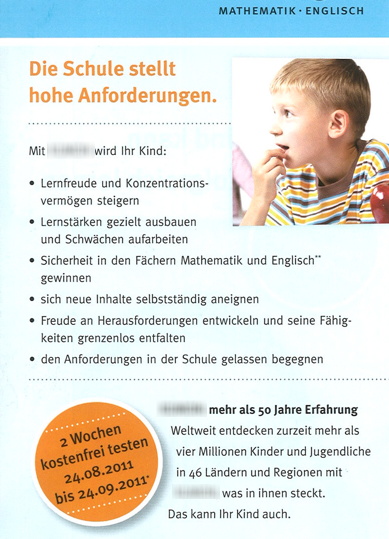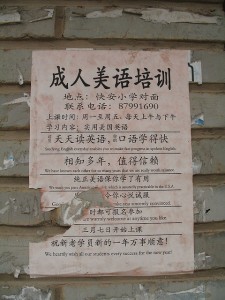One of the most frequent reactions I encounter in discussions of juku is, “Oh, that’s an Asian thing!”. This is a silly reaction in so many ways, but one of the obvious flaws in this perspective is that juku-like educational institutions exist in so many places around the world.
One of the examples I have pointed to in the past without any in-depth understanding is France.
France is unusual in terms of its policy response to supplementary education in that it is the only jurisdiction I am aware of where juku tuition is explicitly tax deductible.
Partly on the basis of this tax advantage, the supplementary education industry has grown significantly in France and has become “big business”. It parallels some of the developments in Germany that Steve Enrich recently discussed. There have also been some corporate M&A activities involving companies like Acadomia that have been an element in the increasing Europeanization of supplementary education at the corporate level.
Another aspect of supplementary education in France are the “prépas”, however. The exact nature of these public schools that are sandwiched between secondary education and entry to the very peculiar grandes écoles is still a bit of a mystery to me even though I tried to learn more about this during my stay in Toulouse as a visiting professor in Spring 2011.
I have recently watched a documentary on the prépas that immediately called the atmosphere in some juku to mind. The documentary is very well-done in the tradition of more in-depth television reporting that is pursued in France, though I should disclose that the documentary was made by a very good friend, Jean-Karl Lambert.
One of the first things I noticed in the portrayal of Pierre, a student who was beginning his two years at the well-known prépas Lycée Hoche in Versailles was the apparent conviction of the direct correlation between (hours) input and success. Clearly, the prépas, like most juku and yobiko (which are more directly parallel to the prépas given enrollment after completion of secondary education) breed an ethic of the total devotion to studies required to success in a hypercompetitive selection to higher education. Jean-Karl describes the entry into the prépas as “methode shock” when students are confronted with a schedule that has one 2nd-year student note that she can go out from time to time, but that she has to watch herself in that regard. Interestingly, food is provided at the prépas in a cafeteria allowing students to be on site from early in the morning until late at night.
Note that entry into the prépas itself is highly selective. The Lycée Hoche, for example, had received 6,000 applications for the 400 seats in the 1st-year class. In the discussion with the prépas長 (“M. le proviseur”), Jean-Karl learns that in the selection the prépas takes the status of a student at the head of his/her class very seriously as an indication of the will to succeed. This is an attitude regarding competition and the required attitude that is also very frequently emphasized in Japan.
To present a more well-rounded portrayal of the prépas, Jean-Karl also included a brief portrayal of a student who dropped out of the prépas due to a lack of motivation and a depression of sorts. Finally, there was a segment on a private alternative to the prépas that made the resemblances to the Japanese situation even more clear in that the students considering this private – and so costly, perhaps, that the students as well as Jean-Karl were asked to leave when the discussion turned toward fees (though a student later discloses €10,000, for 3 hrs. of instruction per week) – alternative are in effect the equivalent of 浪人 attending a yobiko in Japan.
Clearly, the prépas – public as well as private – are a form of accelerated supplementary education that goes beyond the remedial focus of tutoring in much of Central and Western Europe. It is also a form of supplementary education that is firmly institutionalized.
Great reporting and in my mind clear further evidence that the growth of supplementary education is neither limited to Asia nor particularly linked to Asian values and attitudes.




